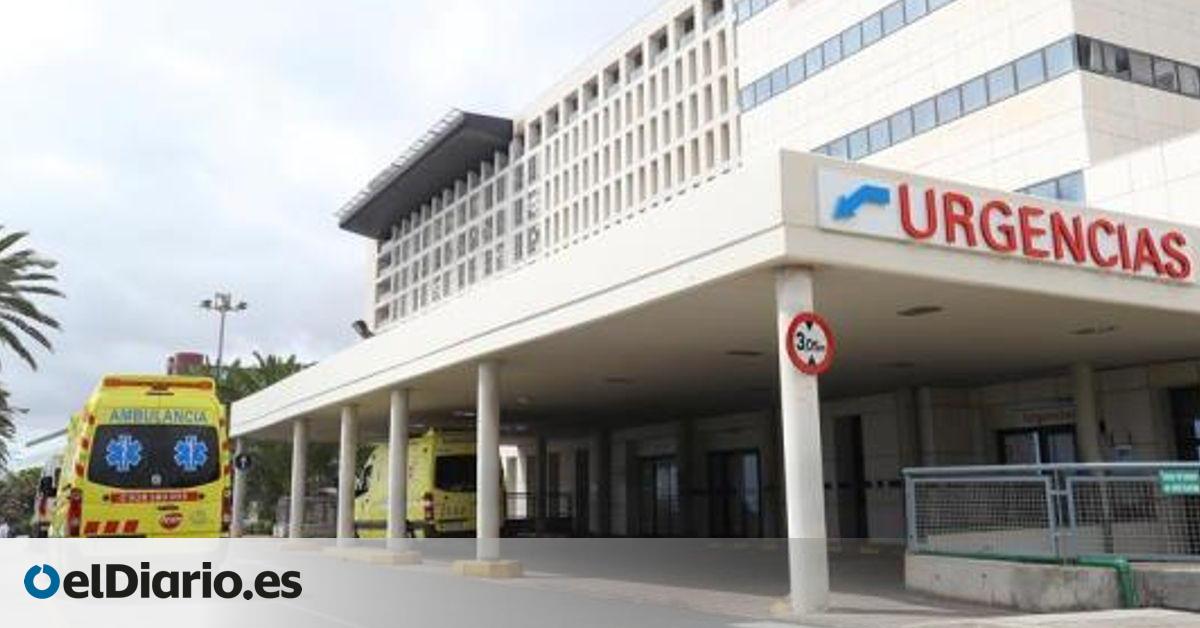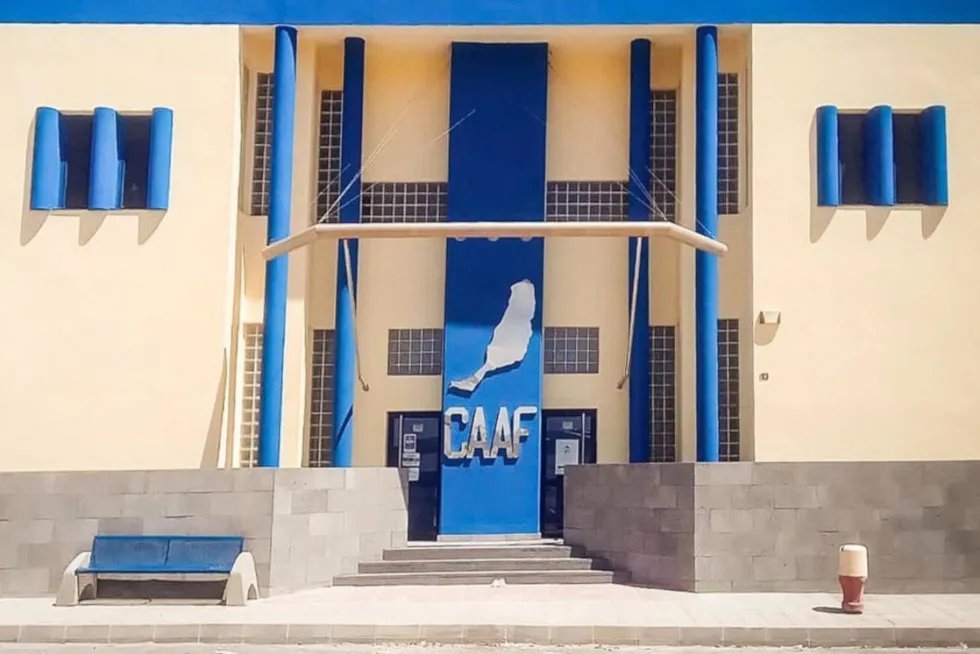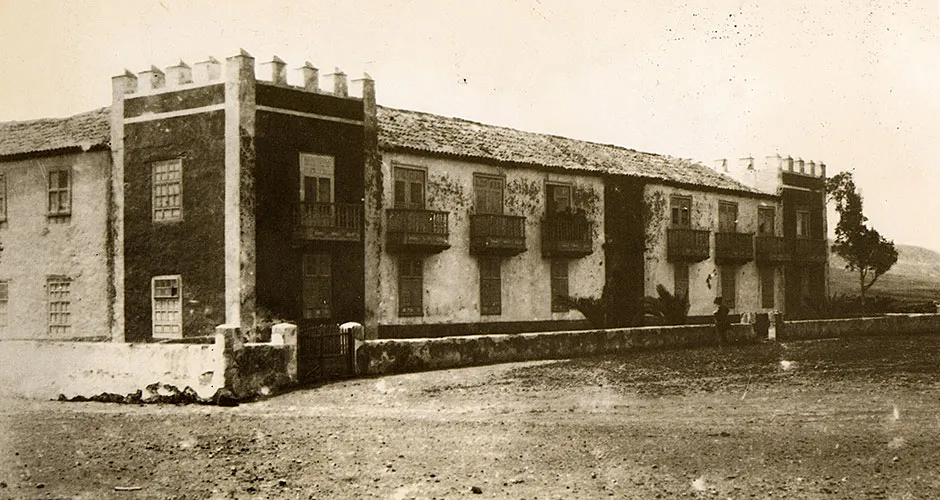On Friday, Jéssica de León, the Minister for Tourism and Employment of the Canary Islands Government, presented a report on workplace safety in Fuerteventura. Jéssica de León highlights a 5.11% decrease in workplace accidents in the Canary Islands from January to July
The meeting included participation from Deputy Minister for Employment Isabel León; Director General of Labour José Ramón Rodríguez; the Territorial Director of the Labour and Social Security Inspectorate in the Canary Islands, Francisco Guindín; Head of the Provincial Labour and Social Security Inspectorate in Las Palmas, Andrés Fernández; the Director of the Canary Islands Institute for Occupational Safety (ICASEL), Elirerto Galván; as well as local authorities and representatives from the UGT and CC. OO. unions.
During the session, a review of workplace accidents and various initiatives by the regional government and other organisations aimed at strengthening a preventive culture to avoid workplace accidents and occupational diseases was conducted.
De León noted that “from January to July of this year, the incidence rate of workplace accidents in the Canary Islands, which represents the number of accidents causing leave per hundred thousand workers, has decreased by 5.11% compared to the same period in 2024, while the employed population continues to rise.”
In 2024, a total of 24,717 workplace accidents were reported in the Canary Islands, with 1,907 occurring in Fuerteventura, where workplace accidents have also decreased. From January to July this year, the island recorded 1,097 minor accidents, seven serious ones, and none fatal. The majority of minor accidents were due to overexertion, while serious incidents included falls and non-traumatic conditions.
The island reported nine occupational diseases across four of the six municipalities, all within the services sector, with most caused by physical agents, notably including musculoskeletal disorders. Betancuria is the only locality that reported no occupational diseases in the last decade.
During the meeting, De León reaffirmed the regional government’s commitment to workplace prevention and outlined the various initiatives undertaken by ICASEL on the island, which are categorised into different actions.
In collaboration with the Canary Islands Confederation of Entrepreneurs (CCE), twenty companies will be visited to provide guidance on managing and integrating occupational risk prevention into workplaces. Additionally, through a technical monitoring and advisory programme for construction sites, technical staff will visit ten sites to assess health and safety conditions in situ and advise companies accordingly.
Furthermore, as part of the Ergonomics and Applied Psychosociology Programme in Las Palmas, visits to tourist apartments are also being carried out to verify occupational risk prevention measures. This is complemented by a grant scheme directed at sectoral and intersectoral business organisations, trade unions, and self-employed workers to promote occupational risk prevention in companies, with the Tourist Business Association of Fuerteventura (ASOFUER) being one of the beneficiaries.
Jéssica de León highlights a 5.11% decrease in workplace accidents in the Canary Islands from January to July














